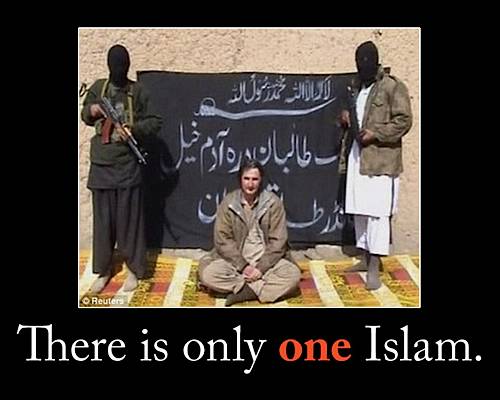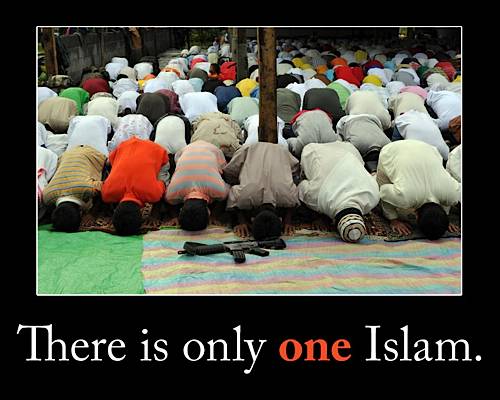mattskramer
Senior Member
The people who want that mosque are NOT worthy of consideration. Fuck them.
"Muslims across the U.S. and around the world are speaking out against building an Islamic center and mosque near the mass murder site at Ground Zero in lower Manhattan.
Many Muslim voices are echoing conservative critics of the Cordoba Initiatives attempt to build the 13-story facility just 600 feet from where the twin towers of the World Trade Center once stood."
More Muslims Speak Out Against Ground Zero Mosque
If you're serious about freedom of religion, listen to the true moderates and protect them from the jihadists, like the developer and the imam, who have no problem with people being killed if they don't get with the program.
Id like to see an international poll taken of Muslims. What percentages of them want the mosque at ground zero and what percentage dont.
Id also like to see Christians picketing and protesting outside the Westboro Baptist Church. For information see: Westboro Baptist Church - Wikipedia, the free encyclopedia
It would be nice to see a bunch of moderate Christians mouth off to the God Hates Fags ilk. If you're serious about freedom of religion, listen to the true moderates and protect abortiopn providers and gays from these jihadists.






 I cant believe they can call themselves americans either.Trust me they wont watch it,they only see and hear what they want to see and hear.anytime you show them evidence it wasnt muslins,they cover their ears and close their eyes and sing out loud to themselves to avoid hearing it.
I cant believe they can call themselves americans either.Trust me they wont watch it,they only see and hear what they want to see and hear.anytime you show them evidence it wasnt muslins,they cover their ears and close their eyes and sing out loud to themselves to avoid hearing it.